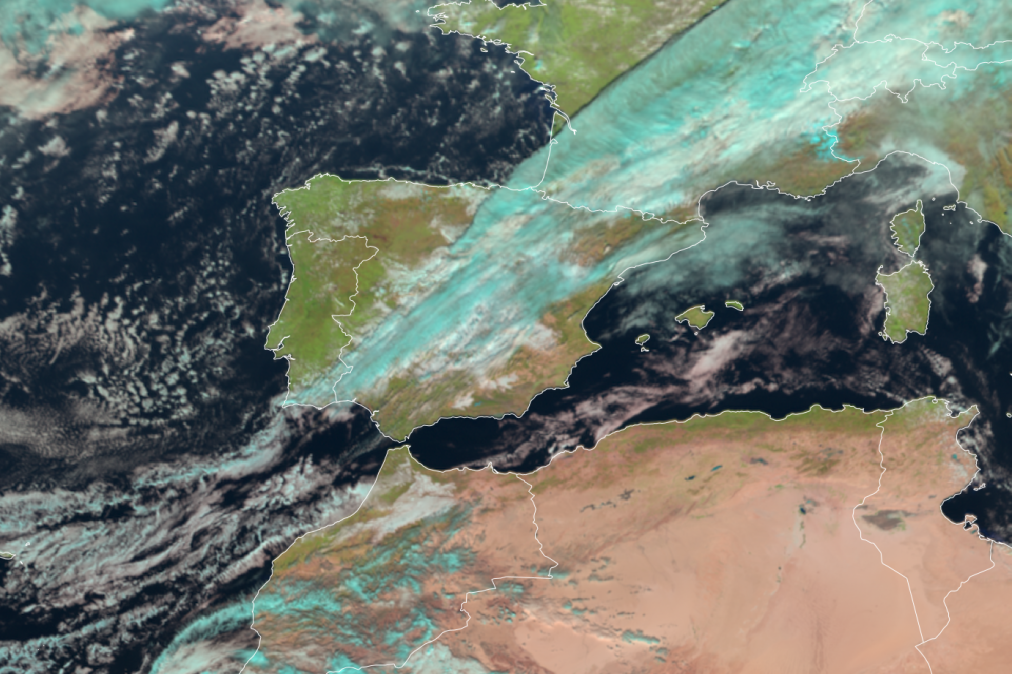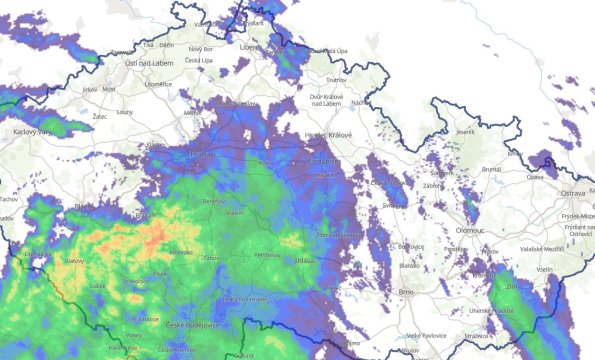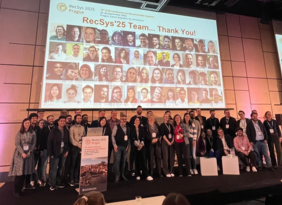
FIT CTU researchers claimed two victories in competitions at the prestigious international conference, NeurIPS 2022 (Neural Information Processing Systems). Scientists have won a competition for modelling the atmosphere of exoplanets and a competition for the most accurate weather forecast, for example, extreme rainfall in developing countries. Ten thousand artificial intelligence experts from around the world attended the conference in New Orleans focused on machine learning.
Each year, the NeurIPS conference hosts several competitions where researchers worldwide can compete in challenges ranging from basic research to AI applications. Researchers from FIT CTU brought home wins in two competitions – Weather4cast and Ariel Machine Learning Data Challenge.
One successful example of such collaboration is the research and improvement of AI algorithms for weather forecasting with Meteopress. It is also thanks to this collaboration that researchers from the Data Science Laboratory (Jiří Pihrt, Rudolf Raevskiy, Petr Šimánek and Matej Choma) were able to succeed in the Weather4cast competition at NeurIPS 2022. Their winning algorithm combines several neural networks trained on various related tasks such as cloud image prediction, the transformation of satellite images to radar images, precipitation prediction, and upscaling of radar images.
“Some neural networks have special architectures that help generate more physically faithful simulations. It makes the predictions not only more accurate but also more realistic,” doc. Pavel Kordík, Vice-Dean for Cooperation with Industry, said, and he added: “By combining the knowledge of scientists and students from the faculty with Meteopress, we are already able to forecast the weather very accurately for several tens of minutes in advance. It is one of the prime examples of how to link theoretical research with practice effectively.”
Another significant achievement is Ondrej Podsztavek’s first place in the Light track of the Ariel Machine Learning Data Challenge at NeurIPS 2022, which focused on modelling the atmospheres of exoplanets, specifically recognizing the presence of specific gases. Ondřej used his experience from long-term research collaboration with RNDr. Petr Škoda, CSc., from the Astronomical Institute of the Czech Academy of Sciences and FIT CTU, and with prof. Ing. Pavel Tvrdík, CSc., from the Department of Computer Systems, FIT CTU.
“The project’s goal was to design the most effective method for recognizing the temperature of the atmospheres of exoplanets and the amount of gases in them. I, therefore, proposed a so-called ‘deep ensemble’ algorithm, which consists of twenty convolutional neural networks adapted to process spectra that arise from the distribution of light passing through the atmospheres of exoplanets,” Ondřej Podsztavek explained the essence of his work, and added: “Exoplanet research helps us understand the uniqueness of our planet Earth.”





